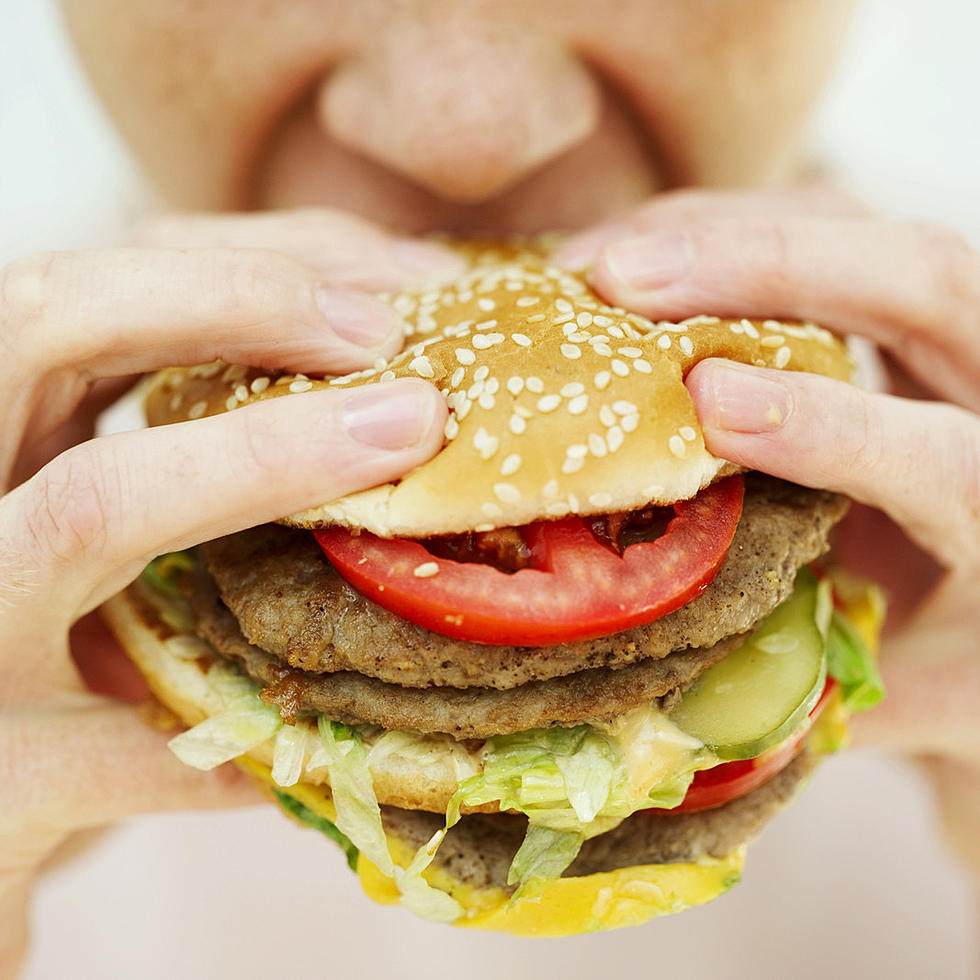
Do You Have An Eating Disorder?
Eating disorders are sometimes quite difficult to accept and detect, especially if its a child or even yourself that might have the problem. Sometimes we think of only Anorexia or Bulimia Nervosa, as being the disorders that are the most damaging. But now, we're finding that there are a variety of other eating disorders that are harder to detect, some having many of the same symptoms as the previously mentioned disorders, but without the visual signs. Just remember, the best way to stop an eating disorder, is to try and recognize the early stages, before more serious problems develop. If you are someone that suffers from thoughts of food that are self defeating, you DO have the ability to stop the cycle of destruction.
Some of the warning signs for eating disorders, can be a variety of the symptoms below, but might not include all of them. If you have any of the following, but have a normal body weight, you may have an eating disorder that's not labeled Anorexia or Bulimia, but could be binge eating or an unclassified eating disorder.
Warning Signs of eating disorders:
If you are:
- Thin and keep getting thinner, losing 15% or more of your ideal body weight.
- Continue to diet or restrict foods even though you are not overweight.
- Have a distorted body image—feel fat even when you are thin.
- Are preoccupied with food, calories, nutrition or cooking.
- Deny that you are hungry.
- Exercise obsessively.
- Weigh yourself frequently.
- Complain about feeling bloated or nauseated even when you eat average—or less than average—amounts of food.
- Lose your hair or begin to experience thinning hair.
- Feel cold even though the temperature is normal or only slightly cool.
- Stop menstruating.
- Engage in binge eating and cannot voluntarily stop.
- Use the bathroom frequently after meals.
- React to emotional stress by overeating.
- Have swollen glands.
- Experience frequent fluctuations in weight.
- Cannot voluntarily stop eating.
- Are obsessively concerned about weight.
- Attempt to adhere to diets, but generally fail.
- Feel guilty or ashamed about eating.
- Feel out of control.
- Have depressive moods or mood swings.
Start with little changes.
Remember that you can't make the big switches necessary to recover from this disorder all at once. And that's OK. Start by making smaller changes that don't overwhelm you. You might succeed today and fail tomorrow. Don't let it get you down. Keep taking strides towards recovery.
Keep an open mind and be willing to listen.
Be a willing spirit. No one should have to drag you to recovery. Share your problem with someone you trust so that you can have communication open about your problem.
Set treatment goals.
You need to decide that you are willing to set some goals. Commit to modifying your behavior in order to reach those goals. Take small steps towards your overall goal, and know that you can do it.
Believe you can.
You have to believe you can do this. Don't let your disorder be a life sentence. Give yourself permission to believe that people recover from this disorder. Lots of people recover and help others do the same.
Be honest about your disorder.
Stop hiding in guilt, shame and deception because they can contribute to the disorder. It's not your fault that you feel this way. You can overcome it, but stop hiding. Be brave enough to start controlling the disorder, rather than letting the disorder control you.


![Yoplait Pulls Commercial Amidst Eating Disorder Complaints [VIDEO]](http://townsquare.media/site/68/files/2011/06/Yoplait-Yogurt.jpg?w=980&q=75)

